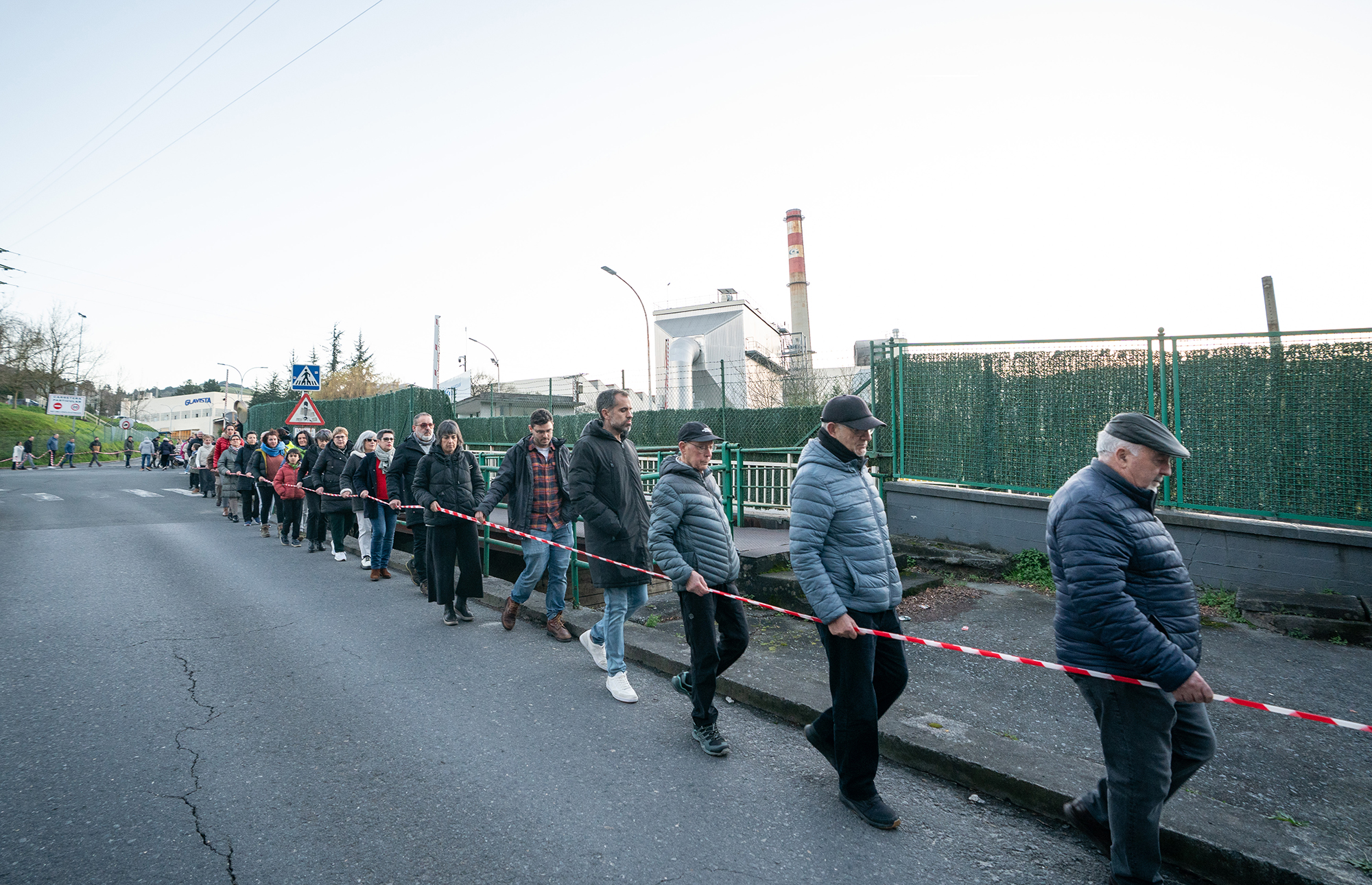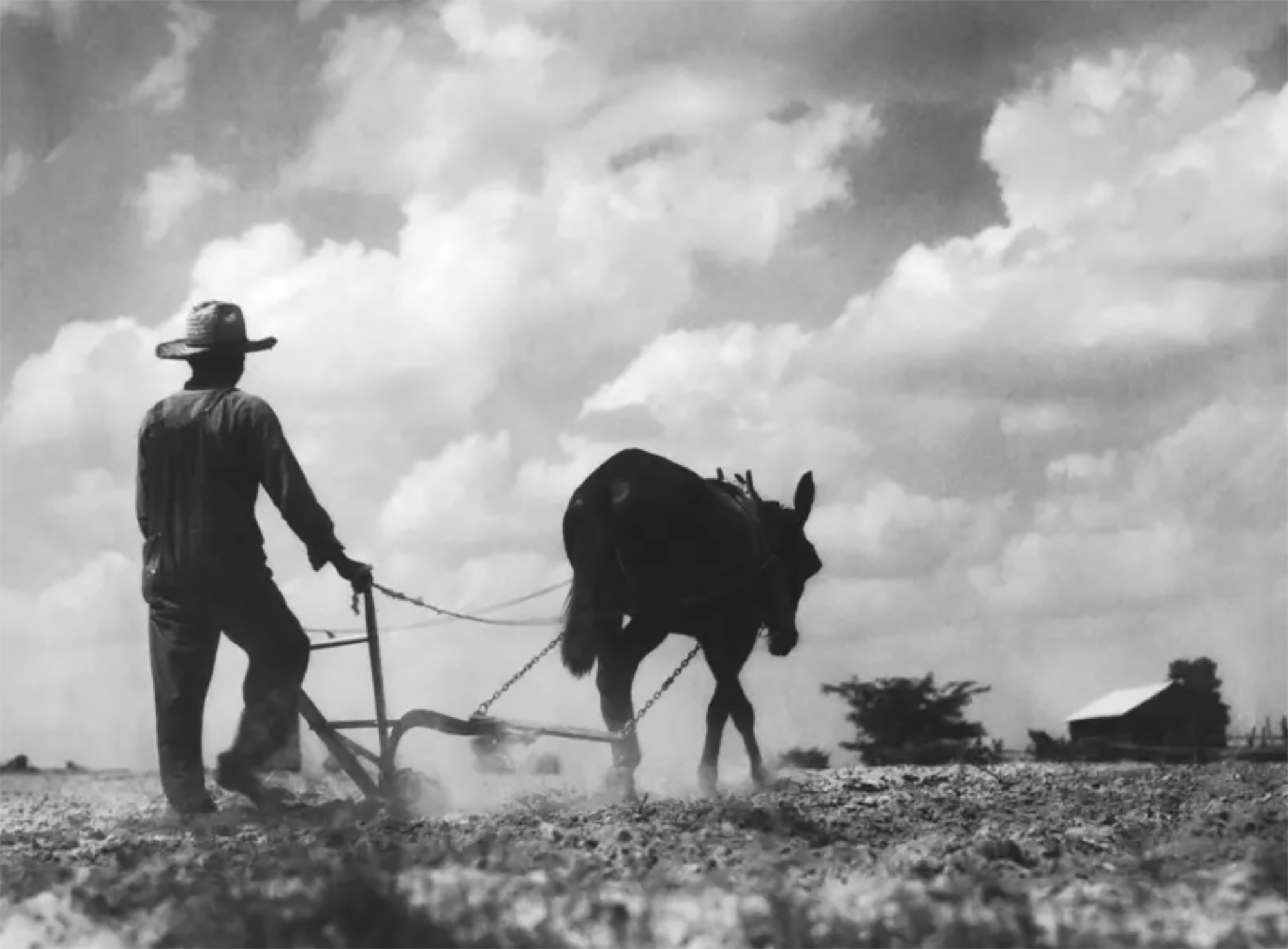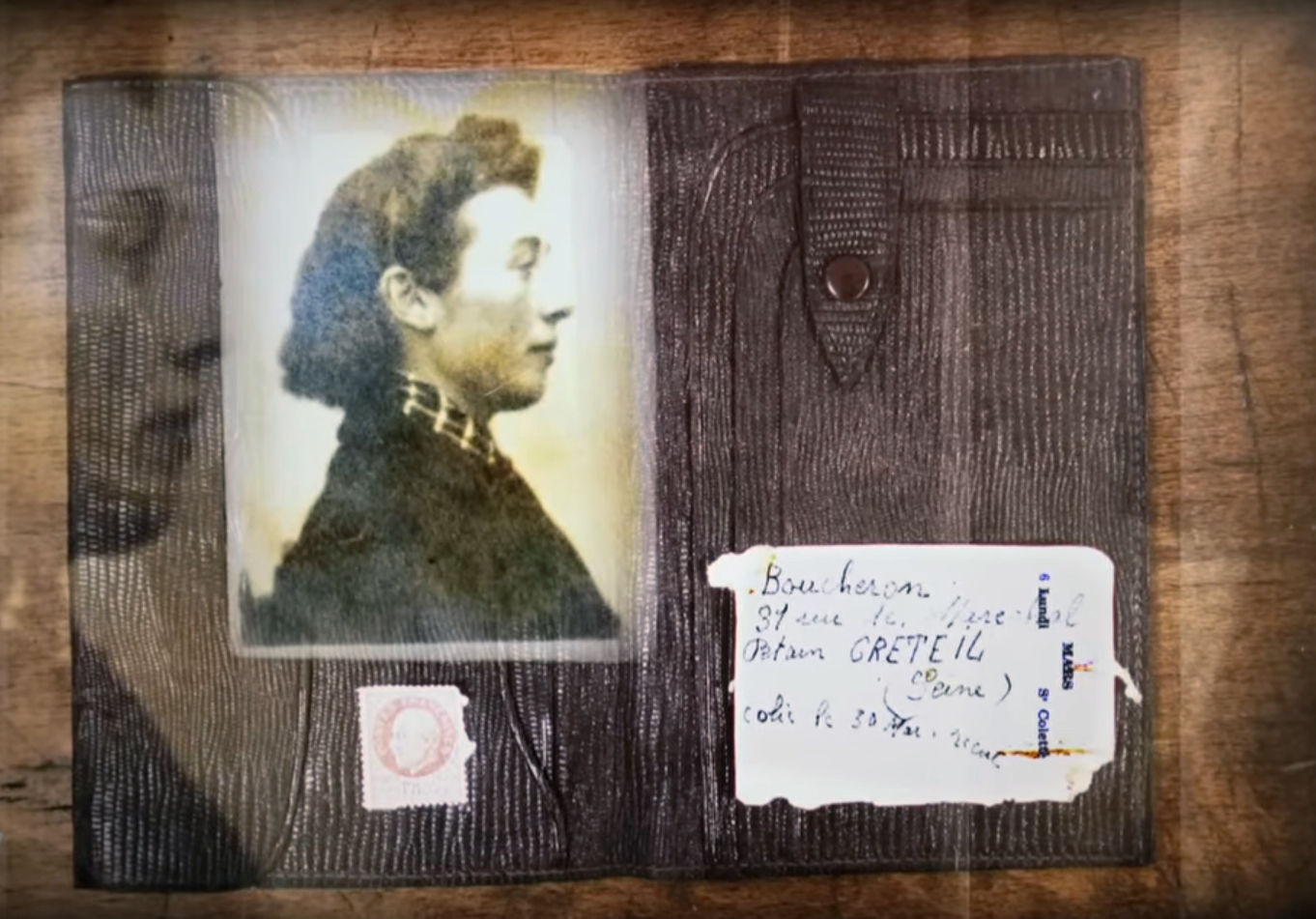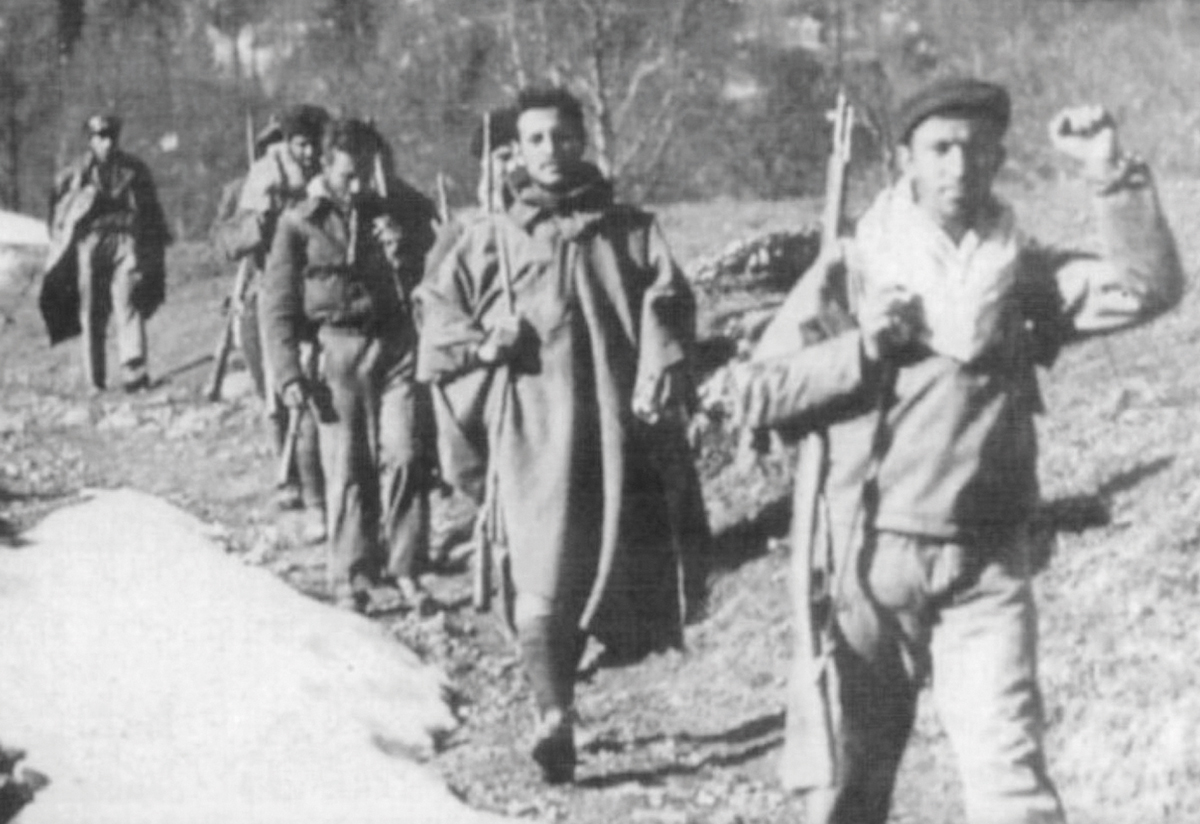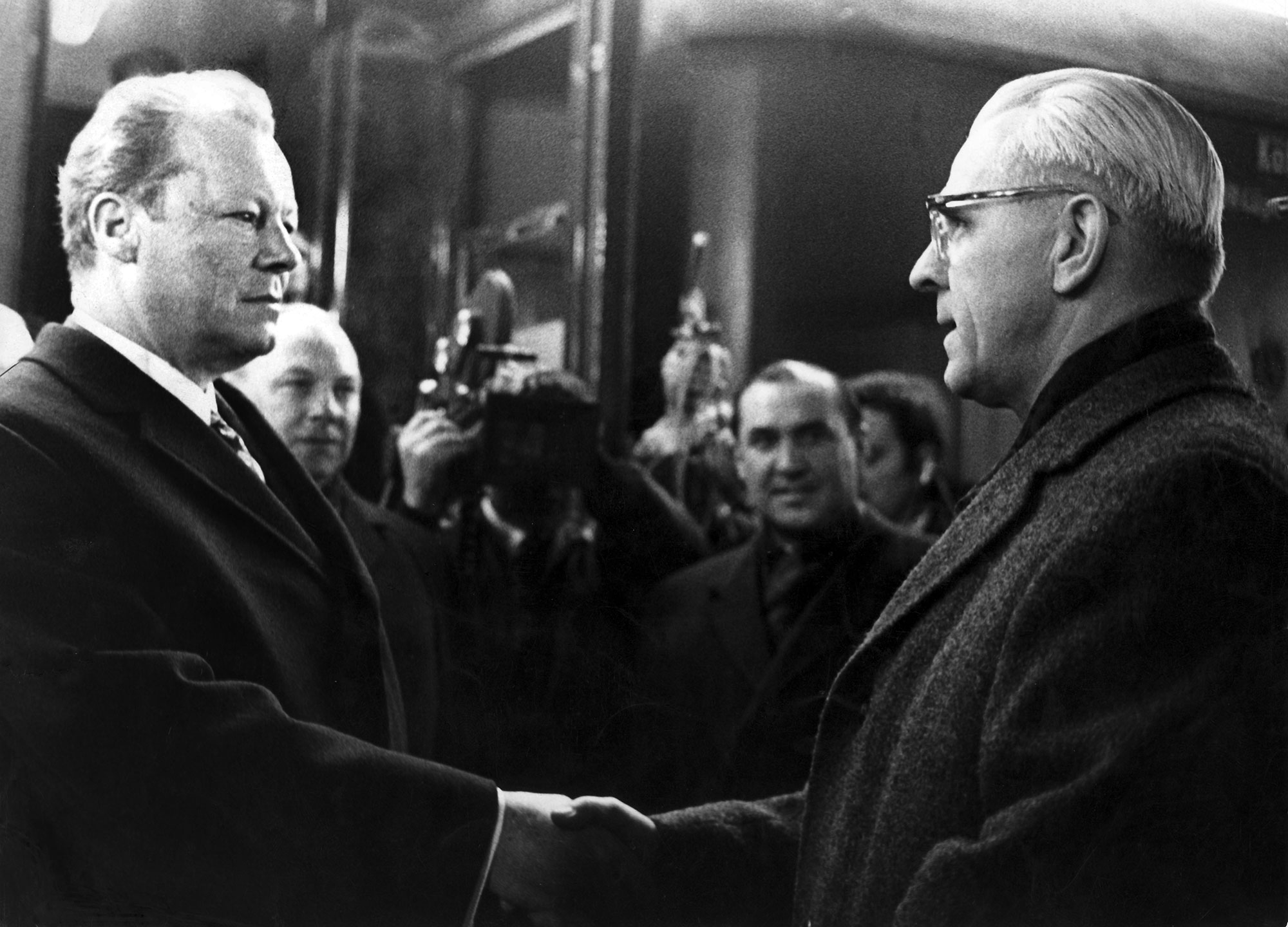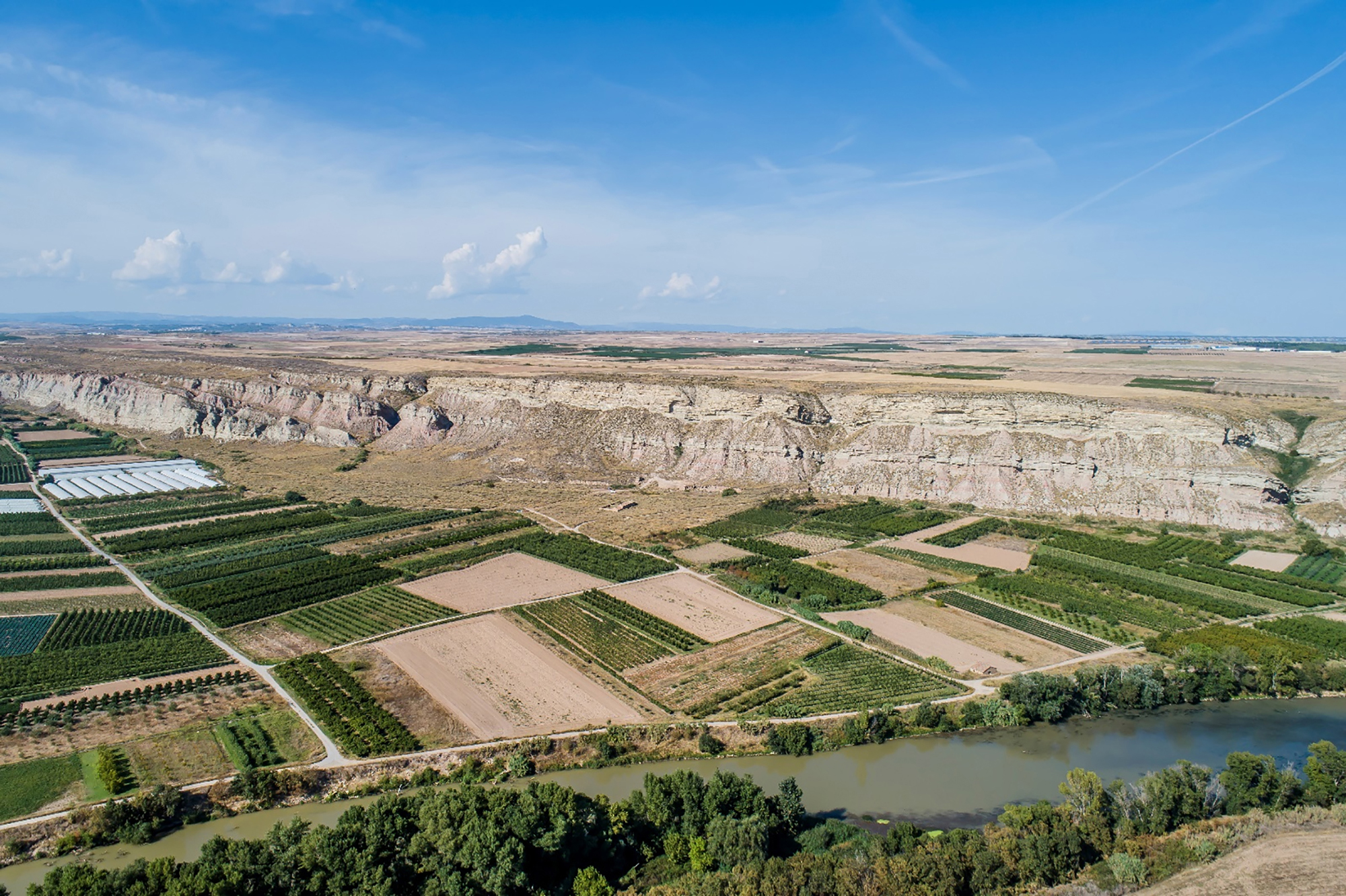When hunger squeezes

For centuries, the increase in the goods needed for subsistence, or scarcity, rebellion and protest have led to a large number of citizens. Oppressed people have always been willing to provoke confrontations and disturbances when there is a lack of means to meet basic needs. Well, they have been called hunger riots, and they have often been driven or launched by women. And that is, then and now, the responsibility to feed and dress the family has fallen upon them. Therefore, when there was anguish, it was they who suffered the most.
But some historians have considered this kind of rebellion as a spontaneous, prepolitical and irrational protest. In connection with hunger and survival, in most cases there were no comprehensive political programmes, there were no demands to propose a transformation of the regime.
But the historiographical school of British Marxists overcame this vision long ago. As advanced by George Rudé and E.P. Thompson refined that participants in the hunger riots shared a complex system of values: that it was unfair to enrich themselves disproportionately with minimum needs, especially with food. They called it the moral economy of the crowd.
Poor harvests, plagues or wars were occasionally deficient. In these cases, the lords, the rich traders and the owners of furnaces or mills used to enrich the situation. In some cases, even though the most modest social classes were hungry, they accumulated food to be speculated and more expensive to sell or export and sell abroad. On other occasions, they falsified food, especially bread flour, mixed with non-edible materials. When citizens were starving, angry people came to those speculators and scammers and forced them to open barns and warehouses. But they weren't just looting. The aim was to get food sold at a fair price. That is what the moral economy is about.
To crush these incidents, the authorities used a double policy: bread and wood. On the one hand, they were taking steps to silence the squid, ensuring the food supply and the fair price. On the other hand, they penalized the drivers of the rebellion. In Euskal Herria, we have a confrontation that complies with this model. The best known was the Rebellion of 1766. The incidents began in Azkoitia and Azpeitia and struck the whole of Gipuzkoa.
As has already been said, these events have often been regarded as pre-political and spontaneous, perhaps because they were precisely the protests made by women. However, those who believe it deny the agency to subordinate subjects (oppressed and women). That is, they don't recognize the ability to influence history.
Washington, D.C., June 17, 1930. The U.S. Congress passed the Tariff Act. It is also known as the Smoot-Hawley Act because it was promoted by Senator Reed Smoot and Representative Willis Hawley.
The law raised import tax limits for about 900 products by 40% to 60% in order to... [+]
During the renovation of a sports field in the Simmering district of Vienna, a mass grave with 150 bodies was discovered in October 2024. They conclude that they were Roman legionnaires and A.D. They died around 100 years ago. Or rather, they were killed.
The bodies were buried... [+]
My mother always says: “I never understood why World War I happened. It doesn't make any sense to him. He does not understand why the old European powers were involved in such barbarism and does not get into his head how they were persuaded to kill these young men from Europe,... [+]
Until now we have believed that those in charge of copying books during the Middle Ages and before the printing press was opened were men, specifically monks of monasteries.
But a group of researchers from the University of Bergen, Norway, concludes that women also worked as... [+]
Florentzia, 1886. Carlo Collodi Le avventure de Pinocchio eleberri ezagunaren egileak zera idatzi zuen pizzari buruz: “Labean txigortutako ogi orea, gainean eskura dagoen edozer gauzaz egindako saltsa duena”. Pizza hark “zikinkeria konplexu tankera” zuela... [+]
Ereserkiek, kanta-modalitate zehatz, eder eta arriskutsu horiek, komunitate bati zuzentzea izan ohi dute helburu. “Ene aberri eta sasoiko lagunok”, hasten da Sarrionandiaren poema ezaguna. Ereserki bat da, jakina: horra nori zuzentzen zaion tonu solemnean, handitxo... [+]
Linear A is a Minoan script used 4,800-4,500 years ago. Recently, in the famous Knossos Palace in Crete, a special ivory object has been discovered, which was probably used as a ceremonial scepter. The object has two inscriptions; one on the handle is shorter and, like most of... [+]
Londres, 1944. Dorothy izeneko emakume bati argazkiak atera zizkioten Waterloo zubian soldatze lanak egiten ari zela. Dorothyri buruz izena beste daturik ez daukagu, baina duela hamar urte arte hori ere ez genekien. Argazki sorta 2015ean topatu zuen Christine Wall... [+]








